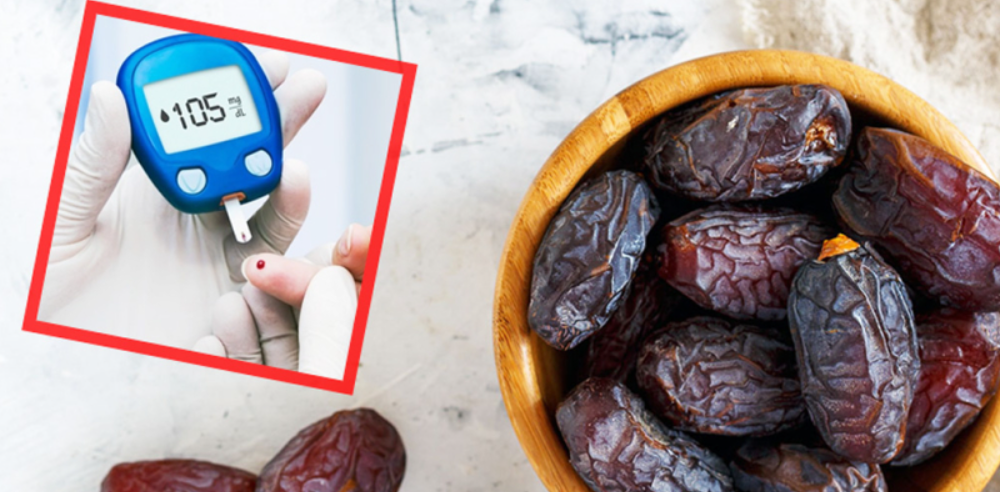Doctors often recommend dates to people with anemia because of the large amounts of iron they contain, but this sweet fruit is also rich in other compounds that contribute to maintaining health.
Dates are a natural source of fructose, a type of sugar found in fruit that packs a lot of sweetness into a relatively small bite. A fruit with an average weight of about 24 grams contains 67 calories and about 18 grams of carbohydrates.
Health professionals advise people with diabetes to be aware of their daily carbohydrate intake, and since dates are high in carbohydrates, they are a concern for many.
However, when consumed in moderation, dates can be part of a diet that maintains good health for people with diabetes. One dried date fruit contains almost 2 grams of fiber, or 8 percent of the daily value. This information is important because dietary fiber helps our body absorb carbohydrates at a slower rate, which is especially important for people living with diabetes. The slower carbohydrates are digested, the less likely it is that blood sugar will rise after eating.
How do dates affect blood sugar levels?
The sweet taste of dates can be attributed to the high concentration of natural sugars. Since they contain fructose, many believe that people with diabetes should stay away from dates.
In general, people with diabetes should eat foods with a low glycemic index, because foods with a high glycemic index can raise blood glucose levels.
However, dates have an average glycemic index of 42, which classifies them as a low GI food.
Additionally, eating unsalted nuts with dates, such as walnuts, can cause the dates’ natural sugar to release even more slowly. The proteins and fats found in the nuts will bind to the sugar in the dates and prevent its rapid release into the bloodstream.
The human body absorbs fiber slowly, and this is important for people with diabetes, who must do their best to avoid spikes in blood sugar after eating.
If you have diabetes, one or two dates a day after a meal should be a perfectly safe food. However, after eating dates, there may be a slight increase in blood glucose levels. For this reason, people with diabetes should always consult their doctor before starting to eat dates on their own initiative.
After reading this text you can also read about: Flaxseed: A Superfood Richer In Omega-3 Acids Than Salmon



